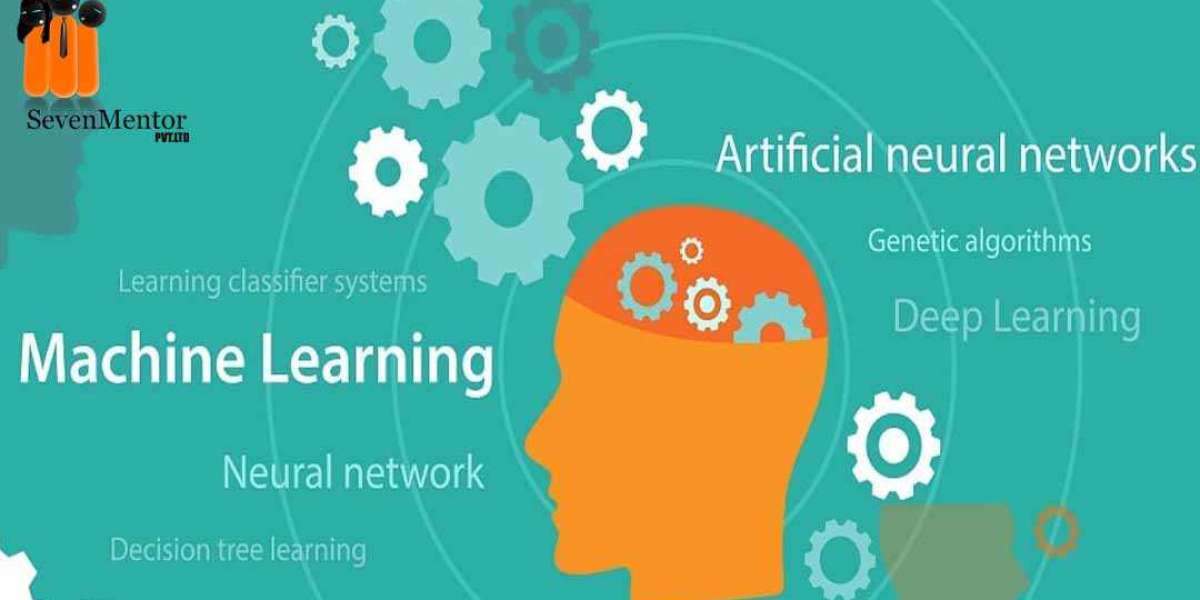Supervised machine learning, where models learn from labeled data to make predictions or decisions, has numerous applications in modern businesses across various industries. Here are some common applications of supervised machine learning in modern businesses:
Predictive Analytics:
- Predictive analytics involves using historical data to predict future outcomes or trends. Supervised learning algorithms, such as regression and classification models, are used to make predictions based on features extracted from historical data. Applications include sales forecasting, demand prediction, churn prediction, and customer lifetime value estimation.
Customer Segmentation and Targeting:
- Supervised learning algorithms are used to segment customers into groups based on common characteristics or behaviors. These segments can then be targeted with personalized marketing campaigns or product recommendations. Applications include market segmentation, customer profiling, and personalized marketing.
Credit Scoring and Risk Assessment:
- Banks and financial institutions use supervised learning algorithms to assess creditworthiness and determine the risk associated with lending to individuals or businesses. Models predict the likelihood of default or delinquency based on factors such as credit history, income, and financial behavior.
Fraud Detection:
- Supervised learning algorithms are used to detect fraudulent activities or transactions by identifying patterns indicative of fraud. Models learn from labeled examples of fraudulent and non-fraudulent transactions to classify new transactions as either legitimate or fraudulent. Applications include credit card fraud detection, insurance fraud detection, and identity theft prevention.
Image and Object Recognition:
- In industries such as e-commerce, retail, manufacturing, and healthcare, supervised learning algorithms are used for image and object recognition tasks. Models are trained to identify and classify objects, faces, or patterns in images and videos. Applications include product recognition, facial recognition, defect detection, and medical image analysis.
Natural Language Processing (NLP):
- Supervised learning algorithms are used in natural language processing tasks such as text classification, sentiment analysis, named entity recognition, and language translation. Models learn to understand and analyze human language, enabling applications such as chatbots, virtual assistants, and sentiment analysis of customer reviews and social media posts.
Recommendation Systems:
- Supervised learning algorithms are used to build recommendation systems that suggest relevant products, services, or content to users based on their preferences and behavior. Models learn from user interactions and feedback to generate personalized recommendations. Applications include e-commerce product recommendations, movie and music recommendations, and content curation.
Healthcare Diagnostics:
- In healthcare, supervised learning algorithms are used for diagnostic purposes, such as disease classification, medical image analysis, and patient risk prediction. Models learn from labeled medical data, including electronic health records, medical images, and genetic data, to assist healthcare professionals in diagnosis and treatment planning.
These are just a few examples of the many applications of supervised machine learning in modern businesses. As the field continues to advance, supervised learning techniques will play an increasingly important role in enabling businesses to extract insights from data, improve decision-making, and enhance efficiency and productivity across various domains and industries.
Read More ...
Machine Learning Course in Pune | Machine Learning Training in Pune



